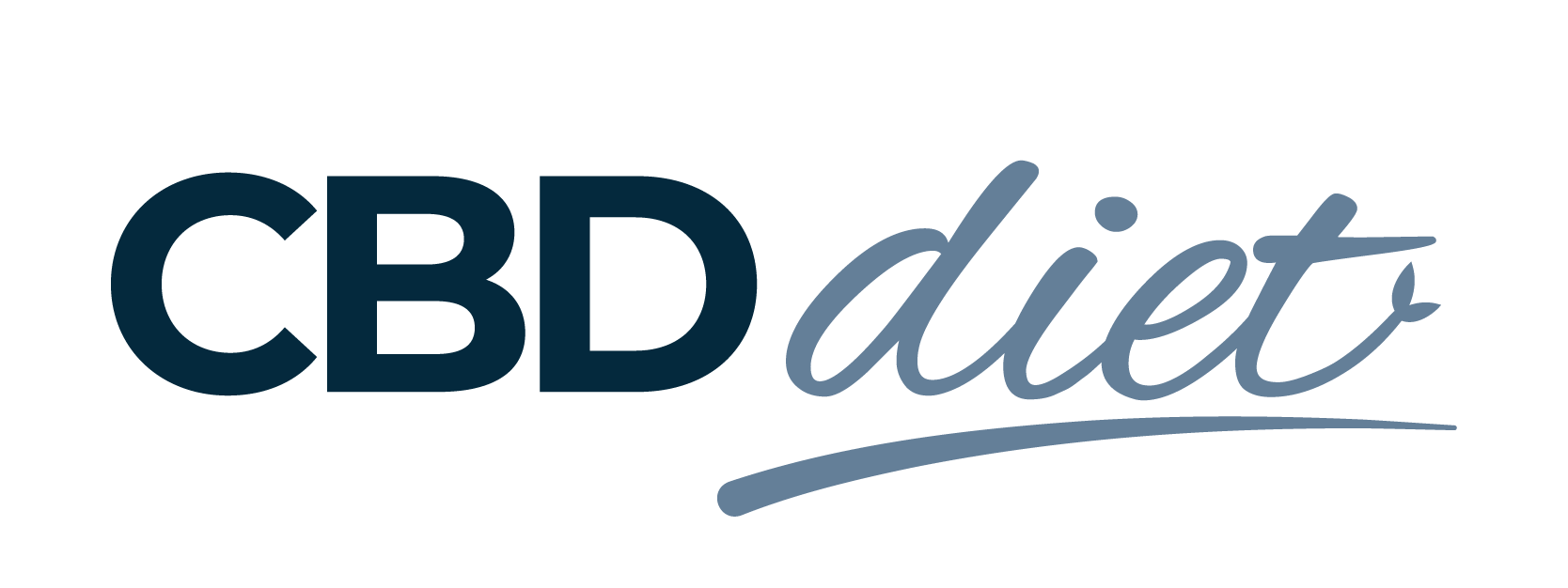Cannabidiol (CBD) continues to dominate the wellness market, appearing in everything from gummies to protein powders. Yet, despite its growing popularity, the U.S. Food and Drug Administration (FDA) has not approved CBD for use in dietary supplements or foods. The agency’s cautious stance centers on legal, safety, and regulatory concerns that remain unresolved.
The Legal Foundation
Under the Dietary Supplement Health and Education Act of 1994 (DSHEA), dietary supplements do not require FDA approval before being sold, but they cannot contain substances that are active ingredients in approved drugs. Since CBD is the main component in Epidiolex—an FDA-approved medication for rare seizure disorders—the agency has ruled that CBD cannot be legally marketed as a dietary supplement or added to food products.
This position places CBD in a unique regulatory limbo: while hemp-derived CBD is federally legal under the 2018 Farm Bill, its inclusion in supplements or food products violates the Federal Food, Drug, and Cosmetic Act (FD&C Act).
Why the FDA Is Hesitant
In 2023, the FDA reaffirmed that current supplement and food regulations are not sufficient to ensure CBD safety. The agency cited limited long-term data and potential health risks, including liver damage, drug interactions, and effects on fertility. Because of these uncertainties, the FDA concluded that a new regulatory pathway is needed—one that balances consumer access with scientific oversight.
The agency’s hesitation also stems from market inconsistencies. Independent studies have found that many CBD products are inaccurately labeled, often containing more or less CBD than stated, or traces of THC and contaminants like heavy metals or pesticides. This lack of uniform standards fuels the FDA’s concern about public safety and product reliability.
Enforcement and Oversight
Despite CBD’s widespread availability, the FDA has issued numerous warning letters to companies that market CBD products with unapproved medical claims or misleading labels. The agency has also emphasized that adding CBD to foods or beverages—or selling it as a dietary supplement—is unlawful under federal law.
Still, the FDA acknowledges the growing consumer demand for CBD and the patchwork of state laws that allow hemp-derived products. As a result, the agency has urged Congress to develop a regulatory framework specific to CBD. Such a system could include labeling standards, dosage limits, manufacturing guidelines, and restrictions for vulnerable populations like children or pregnant women.
What It Means for Consumers and Companies
For consumers, the FDA’s stance means that CBD dietary supplements currently exist in a legal gray area. Many products on the market may not meet quality or safety standards, and their claims are often not verified. Buyers should look for third-party testing, transparent ingredient lists, and certificates of analysis before purchasing any CBD supplement.
For manufacturers, the uncertainty creates both opportunity and risk. Companies that sell CBD supplements are technically operating outside federal compliance, exposing themselves to regulatory action. Until the FDA or Congress creates clear rules, these businesses must rely on state-level guidance and self-imposed safety standards to build consumer trust.
The Road Ahead
The FDA’s ongoing review of CBD marks a critical stage in the evolution of cannabis-based health products. The agency has acknowledged the public’s strong interest and expressed willingness to work with lawmakers to craft a path forward. However, until new legislation is enacted, CBD will remain excluded from the legal definition of a dietary supplement under federal law.
For now, consumers and companies alike must navigate this uncertain landscape with caution — balancing the potential benefits of CBD with the realities of regulatory risk.
